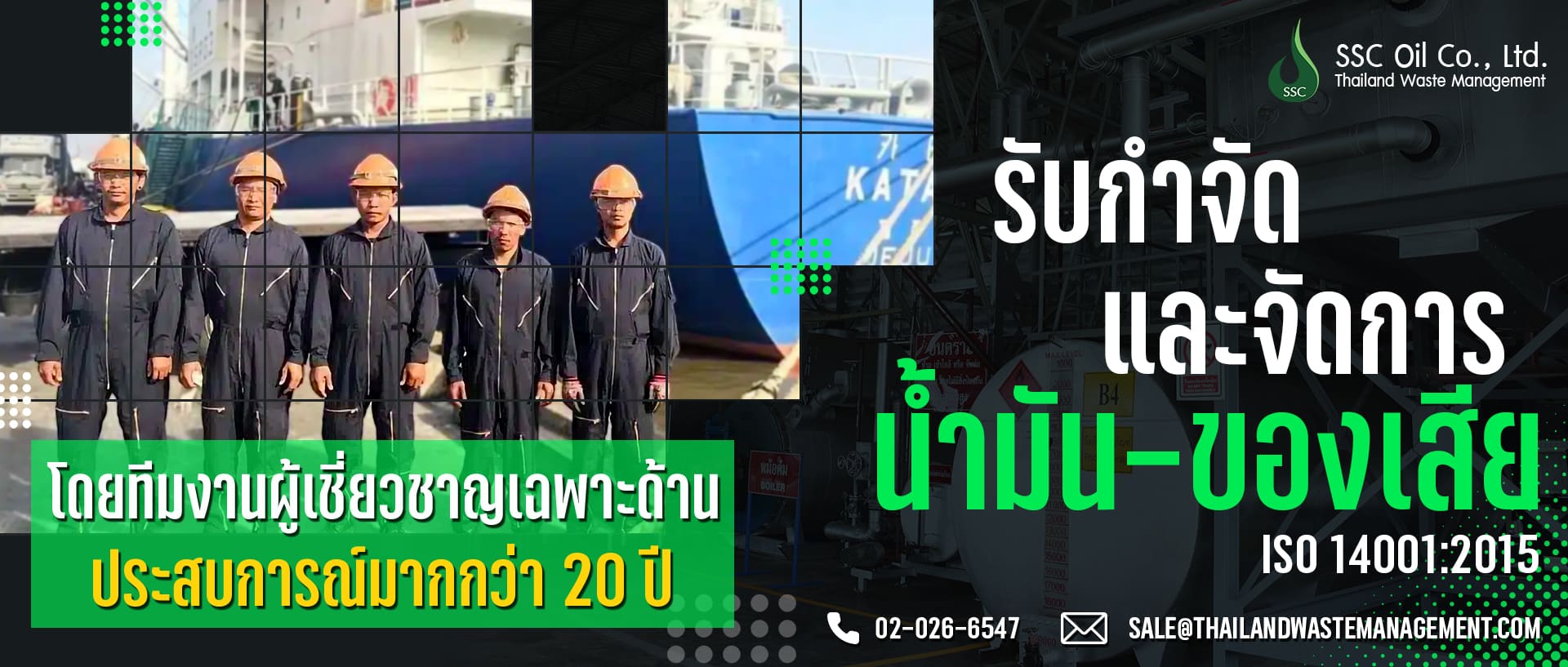Oil spills are an environmental problem that cause severe damage to marine and coastal ecosystems. The pollutants from these oil spills have both environmental and economic impacts, and most importantly, the impact on the coastal ecosystem is incalculable. Therefore, the rapid and effective disposal of oil spills in the sea is essential.
In this article, we will take a look at the causes and solutions from real experiences. What methods are there? Let's take a look.
Causes of marine oil spills
Leaks can occur for a number of reasons, but the most common ones include:
1. Oil tanker accident
Collisions between ships or run-ins can cause large oil spills. In addition, volatile weather conditions, such as high waves and storms, increase the risk of oil spills.
2. Offshore oil drilling During drilling
Oil spills can occur due to equipment failure, human error, or accidents such as a drilling rig explosion, as in the case study Deepwater Horizon, which caused damages worth more than $10,000,000,000,000 USD.
3. Illegal dumping of oil and waste from ships and industries.
This is another major cause of oil spills and water pollution. Untreated oil and waste are released into the sea, which has an impact on the marine ecosystem, aquatic animals, and human quality of life.
4. Poor ship maintenance
Many ships may have minor leaks of oil or lubricants during navigation.
5. Pipeline during oil transport in the middle of the sea breaks.
Accidents sometimes occur due to oil pipeline leaks due to poor maintenance or human error.
Seeking professional waste management solutions for the disposal of industrial waste, oils, and sludges?
Call 020266547 Inquire via Line: @SSCOILHow to dispose of oil in the sea
Dealing with an oil spill requires a variety of methods, each appropriate for different environmental conditions and severity levels of marine oil spills. Sometimes, we may need to use multiple tools and methods simultaneously to contain a spill as quickly as possible.
1. Use of Containment Booms
To contain oil, we use oil containment devices called “booms,” which are floating barriers designed to enclose the oil in a limited area, reducing the spread of oil to other areas. The use of booms is often the first step after a spill occurs to control the situation initially.
2. Use of oil absorbent equipment (Oil Absorbent)
We can use absorbent devices such as absorbent sheets to draw out the oil floating on the surface of the water. This method is suitable for removing oil in the open sea or near the shore. And some oil removal devices can be used together, such as using an Oil Skimmer to absorb the oil at the surface.
3. Use of oil-dispersing chemicals (Dispersants)
The use of chemicals that help disperse oil in the water. This method reduces the density of oil floating on the surface of the water, which can make it easier for microorganisms in the seawater to break it down. However, the disadvantage is that if used excessively, the toxins can seep deep into the water and affect underwater life. This method is popular because it can effectively deal with oil spills and shows clear results.
4. In-situ Burning
It is a method of burning oil floating on the surface of the water to quickly reduce the amount of oil. However, this method requires consideration of weather conditions and the risk of air pollution.
5. Use of microorganisms for decomposition (Bioremediation)
It is the use of microorganisms that have the ability to decompose organic matter to help restore the environment affected by oil. The microorganisms will decompose the oil into harmless substances. This method is a natural restoration, but the process can take a long time and is expensive. Therefore, it is suitable for restoration or use after we have done all the previous methods. It will be the last process.

How can oil spills be prevented?
Preventing leaks is as important as eliminating pollution. Here are some guidelines:
- Regular maintenance of oil tankers and drilling rigs to ensure all equipment is functioning properly and safely.
- Strict regulations governing oil transportation and drilling, including harsh penalties for regulatory violations.
- Installing a leak detection system to enable rapid detection and resolution of problems.
- Training and preparing operators to effectively respond to spill incidents
summarize
Marine oil spills are a serious and widespread problem. Effective methods of disposal and environmental restoration are therefore essential to continuously develop and improve, including preventing such incidents from happening again. Managing this problem requires cooperation from many sectors, including the government, private sector and communities, so that environmental restoration can proceed quickly and sustainably.

SSC Oil Co., Ltd. provides oil disposal services at sea.

SSC Oil Co., Ltd. offers a full range of waste and oil disposal services in the sea with modern technology and equipment. We have more than 20 years of experience in waste management, including experience in many Oil Spill accident cases. To ensure that waste disposal is carried out efficiently with quality and safe processes, you can contact us for more information or to consult about our services immediately.
Contact channels
phone : 02-026-6547
E-mail : sale@thailandwastemanagement.com
Line : @sscoil













